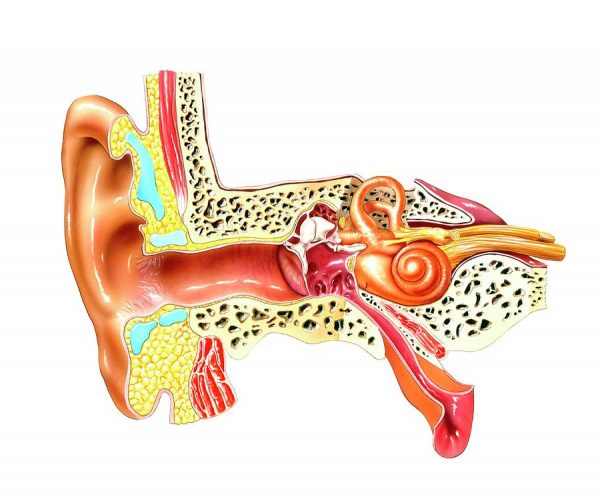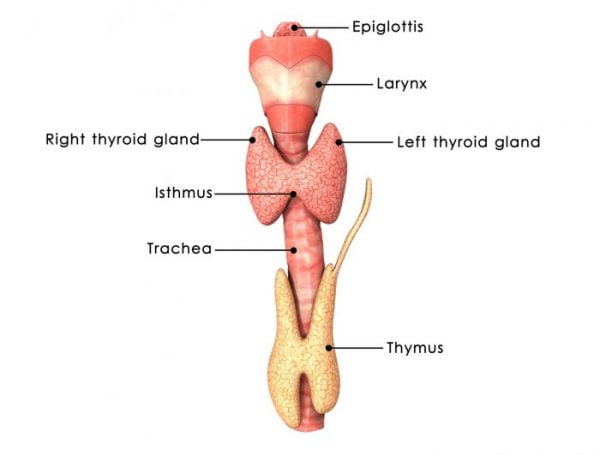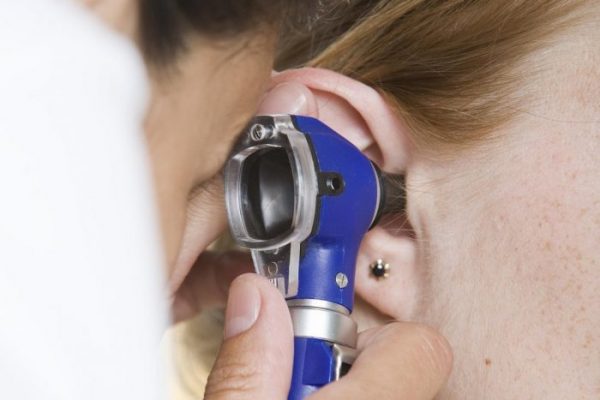ABOUT COCHLEAR IMPLANT
A cochlear implant is an electronic device that is surgically implanted into the ear, in order to produce a sense of sound for patients who are deaf or have severe hearing problems.
The implant is made up of 2 parts, one which is internal and the other is external. The external part sits behind the ear and the internal part is surgically implanted into the ear. These 2 components consist of a microphone for detecting sounds, a speech processor, a transmitter and receiver, and an electrode array.
Together, the components function to detect outside sounds, to process these sounds and interpret speech, to transmit and covert the sounds, and to collect the impulses and direct them to the auditory nerve. It provides patients with a sense of sound by stimulating nerves in the inner ear.
The implant differers from a hearing aid, in that a hearing aid amplifies sounds, whereas the implant helps to detect and interpret sound.
Whilst the cochlear implant is different from normal hearing, it can enable people to understand conversations better and to recognize warning signals. For some patients, the implant can improve the interpretation of sound and speech so that they may not require lip reading or sign language anymore. Many patients may be able to make telephone calls or listen to music. However, the results and benefits vary with each patient.
After the implant has been fully fitted, patients will need to attend auditorial and communication training in order to learn how to maximize the benefits.
Recommended for
- Patients who are deaf
- Patients who are severely hard of hearing
TIME REQUIREMENTS
- Number of days in hospital: 1 – 2 days.
Some patients spend one night in hospital.
- Average length of stay abroad: 3 – 6 weeks.
Patients should get the surgeon’s approval before flying, and inform their airline that they have a cochlear implant, as it will set off security alarms. If the implant is switched on, the volume may need adjusting during the flight.
- Number of trips abroad needed: 1.

COMPARE COCHLEAR IMPLANT PRICES AROUND THE WORLD
HOW TO FIND QUALITY TREATMENT ABROAD
BEFORE COCHLEAR IMPLANT ABROAD
The doctor will perform a physical examination of the ear and hearing ahead of the surgery. In this examination, the physical state of the ear and the patient’s response to certain types of sounds will be assessed.
Hearing aids may be tested to establish if it has any benefits for the patient. A CT (computerized tomography) of the ear may be taken, as well as an MRI (magnetic resonance imaging), as part of the assessment.
HOW IS IT PERFORMED
The patient is administered with a general anesthetic and part of the hair on the scalp is shaved and cleaned at the incision site.
The doctor will make an incision behind the ear and then place the receiver beneath the skin. On to the cochlear itself, the electrodes are attached.
Around 1 to 2 weeks after the surgery, the external component is then fitted and placed behind the ear.
Usually the cochlear implant is switched on 3-6 weeks after implantation, and the volume is adjusted.
Anesthesia
General anesthetic.
Procedure duration
The Cochlear Implant takes 1 to 2 hours.

WHAT TO EXPECT AFTER COCHLEAR IMPLANT
Post procedure care
The area will be bandaged for some time after the procedure, and the doctor will provide instructions on how to take care of the stitches.
The implant will be first turned on between 3-6 weeks after the operation.
Possible discomfort
Patients can anticipate some discomfort immediately after surgery. Including: pressure or discomfort over the implanted ear, dizziness, nausea, disorientation, and a sore throat.
IMPORTANT THINGS TO KNOW ABOUT COCHLEAR IMPLANT
Potential risks
- Infection
- Dizziness
- Tinnitus
- Implant may not work and need to be replaced
- Cerebrospinal fluid leak
- Change of taste
- Meningitis














